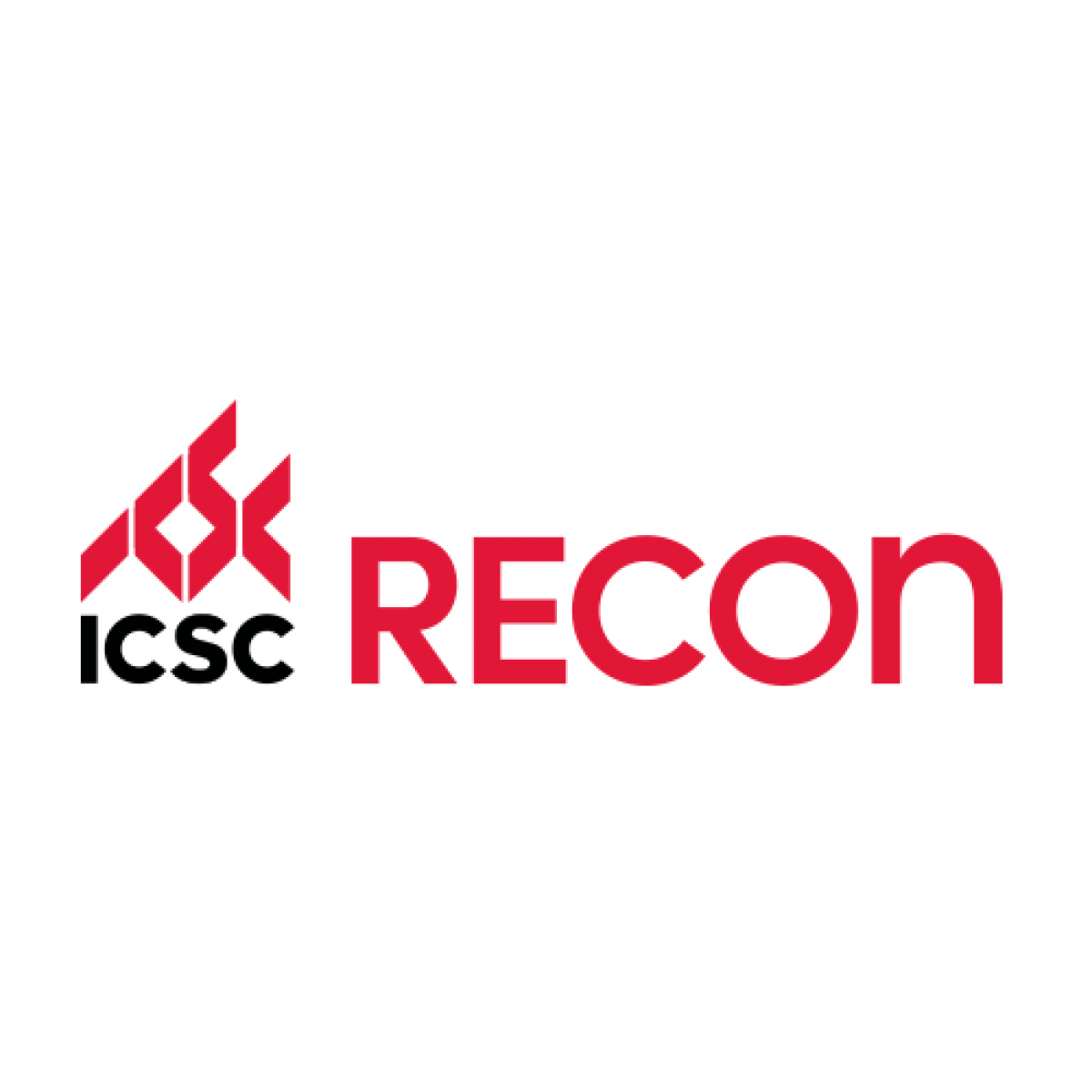

“With a reported 40,000 attendees at this year’s ICSC RECon conference in Las Vegas, retailers are continuing to expand and construct physical stores to keep up with consumer needs and shopping preferences despite the rise of e-commerce. To stay competitive and encourage consumers to continue to shop at traditional brick-and-mortar venues, retailers are getting creative by investing in new design concepts, brand marketing and amenities as well as explore ways to integrate advanced technology to provide a more enhanced and welcoming shopping experience. Retail categories including restaurants, furniture, health & beauty and grocery are leading the trend of high growth in retail sales. National tenants, such as Dunkin’ Donuts (under the new concept “Dunkin’”), are making their way to the greater Bay Area, an indicator of a strong market with no signs of slowing down.” – Christine Velasquez, Director, Client Services
“Retailers are still aggressive on their expansion plans and the economy remains strong. Cap rates will remain relatively flat despite some upward pressure on interest rates. Sellers have not adjusted their expectations despite rising construction costs and interest rates vs. what a tenant can afford for rent. The result is that it is taking longer for dispositions of land sites and NNN leased product to change hands. Shopping centers in excess of $20M are seeing some softening and less activity in the investment market. That being said, there is no shortage of 1031 exchange buyers who don’t need financing and can get aggressive with quick terms and no financing contingencies.” – Mike Conn, Senior Vice President
“The retail development industry continues to evolve. While many of the large REIT and institutional landlords struggle with big box vacancies and mall repositioning, the single tenant net lease market continues its strong performance. Available capital and debt abounds for these smaller deals which are relatively quick to market and fit nicely in any investor’s portfolio. The emphasis on “daily needs retail” took center stage with many landlords and developers focused on getting into grocery anchored projects and out of the old power center asset model which are anchored by the type of retail most affected by e-commerce. The same thought process and demand hold true for stand-alone convenience/value oriented retail concepts like auto parts, dollar stores, gas/convenience and fast casual restaurants as these were some of the busiest meeting venues at the conference. These tenants continue to expand all over the country and depend on knowledgeable developer expertise to assist them in reaching their annual new store goals.” – Mike McCanless, Vice President, Acquisitions